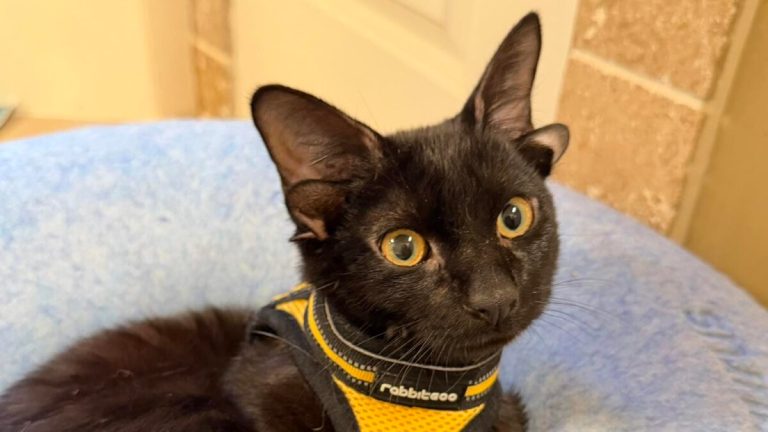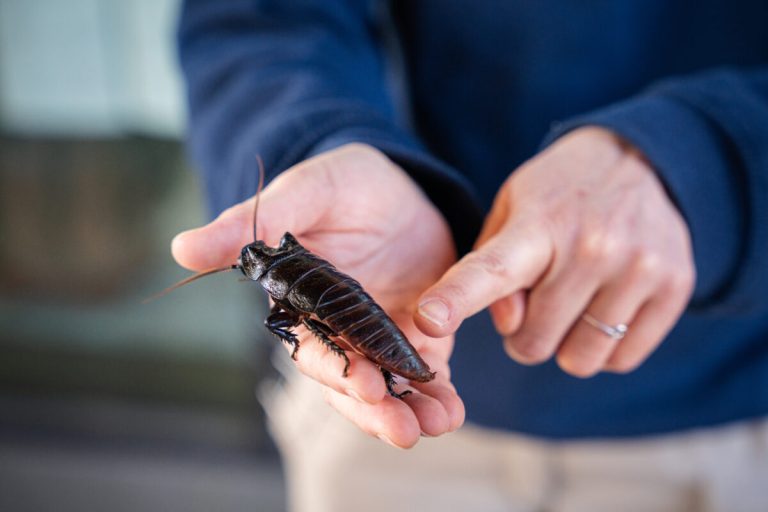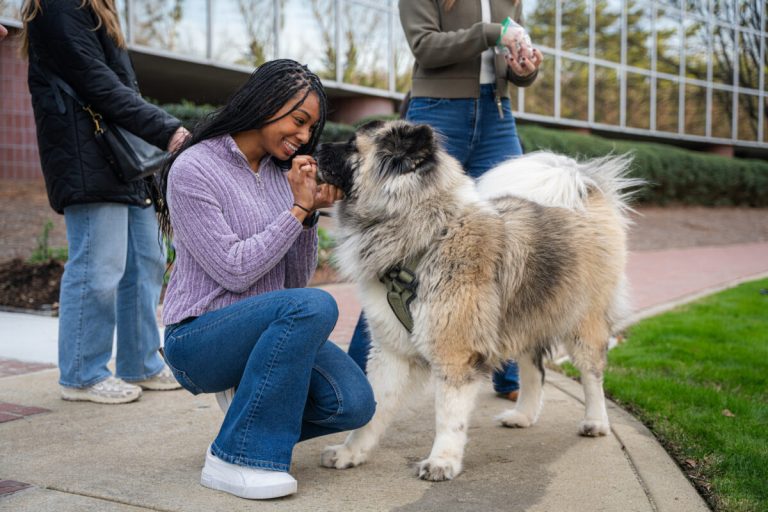Pandemic sparks increase in animal fostering and adoption around Greater Birmingham
Reading time: 6 minutes

The pandemic has led to a rise in animal adoption and fostering around the Greater Birmingham Area, and we are ecstatic. Here’s a look at the latest pandemic trends taking place among local shelters and how you can help keep the numbers rising.
Animal Adoption During Pandemic

At the start of the pandemic, many shelters had to close their doors for several months. One shelter that managed to remain open was Shelby Humane.
Instead of shuttering their building, they decided to take a different approach—scheduling appointments for in-person adoptions and animal surrenders.
“It allowed for a more thorough intake process. In many instances, we were able to help and assist people so they could actually keep their pet and not surrender them.”
Mike Jeffcoat, Operations Director, Shelby Humane
Some examples of how they assisted people include:
- Providing pet food to people who lost their job due to the pandemic.
- Finding solutions to problems like a family pet destroying furniture, etc. while its owner was at work.
Another shelter that opted for new adoption methods in 2020 was Tuscaloosa Metro Animal Shelter (TMAS). According to Thomas Sahm, Office & Manager of TMAS, the shelter started allowing people to view animals via Zoom calls and complete adoptions virtually.
TMAS also saw a decrease in animal intake in 2020 compared to 2019.
Some Stats

So how many animals were adopted amidst a pandemic in 2020?
Shelby Humane also reported that adoptions did not increase overall during the pandemic. Instead, what did increase, was the percentage of people who visited with an animal and then adopted. Visit and adoption rate increased from around 55% to over 83%.
For comprehensive data for other area shelters, click here.
Animal Fostering During Pandemic

One of the core reasons why more animals have been provided homes during the pandemic is because of fostering.
Shelby Humane, for example, made a plea to the public to consider fostering animals if they were unable to fully adopt them. The results were incredible.
“The public responded in droves. The shelter was able to move almost 200 animals into foster homes within a matter of a couple of weeks. It is so important to find volunteers to foster animals. It truly helps us care for more animals that are in the shelter.”
Mike Jeffcoat, Operations Director, Shelby Humane
A cool thing that happened for many animals is that their foster families fell so in love with them that they decided to adopt them.
Speaking of fostering animals, Thomas frequently fosters sick puppies or kittens that come to area shelters in need of some TLC.
“A shelter is a stressful place on a good day. Young puppies and kittens already have a compromised immune system and adding the stressful shelter environment into the mix can make it exceedingly difficult for them to thrive. This is why fostering is so important for puppies and kittens. Getting them out of the shelter can mean the difference between life and death in some cases.”
Thomas Sahm, Office & Programs Manager, Tuscaloosa Metro Animal Shelter
While stressful, Thomas also says it is a rewarding experience.
“Fostering is always an adventure. Whether sleepless nights waking up every two hours to bottle feed neonatal puppies or kittens or trying to medicate a sick animal who does not want to have anything to do with the medication. It is always rewarding when they make it, and you can end up seeing them adopted into a great family.”
Thomas Sahm, Office & Programs Manager, Tuscaloosa Metro Animal Shelter
Ending Unnecessary Euthanasia

According to bestfriends.org, there are currently no shelters in the Greater Birmingham Area that are considered to be “no-kill shelters” or “unnecessary euthanasia shelters.” Yes, it sounds terrible, but there is much more to the issue than what’s on the surface.
- This does not include private rescues
- Not all shelters in the area report their numbers and
- It includes rescue data.
In order to be considered a no-kill shelter, the organization must have a live animal release rate greater than 90% for 12 consecutive months. This means that less than 10% of animals that go to a shelter are euthanized.
“When people hear that a shelter is a kill shelter, most individuals often look at that designation in black and white terms, automatically visualizing most animals euthanized are healthy and adoptable. When the reality is always significantly more complicated than that.”
Thomas Sahm, Office & Manager, Tuscaloosa Metro Animal Shelter
Some examples Sahm gave as to why some shelters haven’t been able to meet the no-kill shelter requirements include:
- Animals who have undergone major traumatic injuries
- Orphaned litters of neonatal puppies and kittens who come to shelters sick with a small chance of survival.
The important thing to note is that many shelters in the Greater Birmingham Area are working towards becoming no-kill shelters.
“Shelby Humane has exceeded the 90% threshold for the last 10 months (February 2020-December 2020). Our average for all of 2020 was a 94% live release rate. We expect to meet the criteria for a no-kill shelter on March 1, 2021.”
Mike Jeffcoat, Operations Director, Shelby Humane
How You Can Help Local Animals and Shelters

According to Thomas, any animal organization would benefit from what he likes to call “the big three:”
- Volunteer
- Donate
- Foster
Another idea to consider is becoming a colony caretaker. What’s that? It’s someone who oversees a group of feral cats who have been fixed, vaccinated and ear-tipped.
Becoming a colony caretaker helps alleviate the need to euthanize strays while also reducing the numbers of community cats by preventing breeding. Shelby Humane is one local shelter that can help by providing food to start and general support.
Meet one Birmingham resident who is helping the local feral cat issue here.
Lend a Paw to Support Local Animal Organizations

There are tons of great organizations in the Birmingham area that could use your help. Here are some to consider:
Shelters
Rescues
Organizations
- Animal League of Birmingham
- Friends of Cats and Dogs Foundation
- Alabama Spay and Neuter Clinic (ALSpay)



